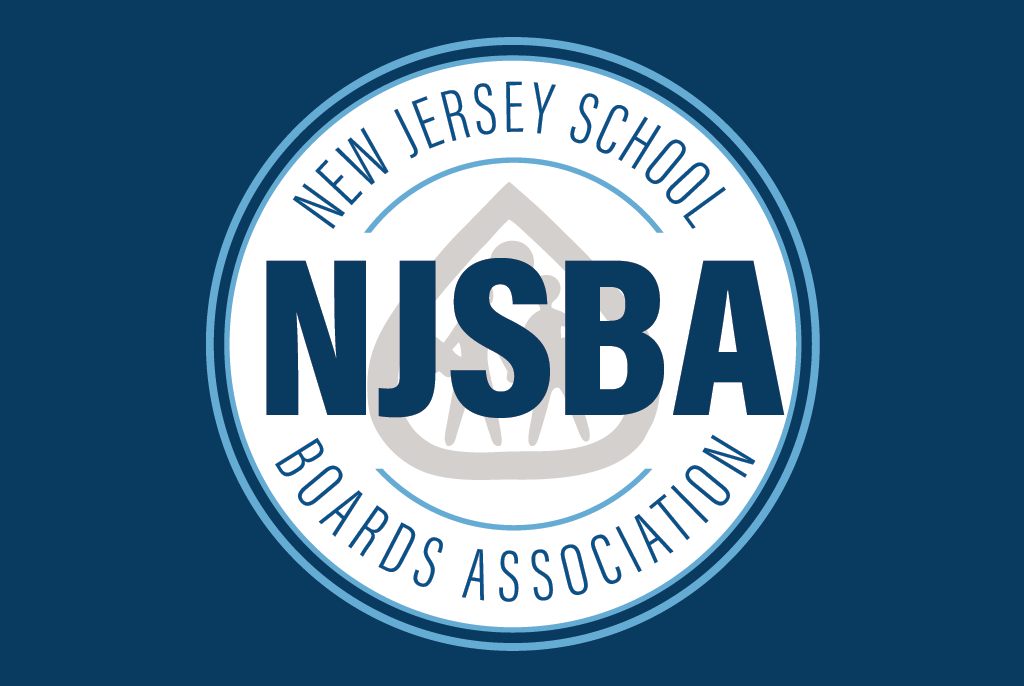Here is a link to the article that was provided

To adapt to the changing digital landscape, the New Jersey School Boards Association (NJSBA) recently published a model policy aimed at guiding local boards of education in complying with a new law regulating social media use between teachers and students. Governor Christie signed the legislation on April 24, emphasizing the need for school districts to establish clear policies regarding electronic communications.
Social media’s rapid growth prompted NJSBA to develop a model policy addressing how school staff should use electronic communication and social networking. With recent legislative changes, the policy has been revised to encompass new areas of electronic communication, including online education.
According to NJSBA President John Bulina, such policies are essential to maintaining proper communication channels. He emphasized the need for school boards to prevent inappropriate interactions between students and staff, ensuring child safety and providing guidance to instructional staff.
The newly enacted law mandates school districts to adopt a written policy governing electronic communications between school employees and students. This includes regulations for communication through email, cell phones, social networking sites, and other Internet-based platforms. Districts are given a 120-day window from the signing date to implement these policies.
The NJSBA model policy, titled “Electronic Communication by School Staff, ” recommends annual orientations or reminders for staff members, emphasizing the importance of maintaining decorum both online and in person. The policy delves into specific guidelines, such as teachers requiring written approval from their principal before “friending” students and the stipulation that all electronic contact with students should occur through district-approved computer or telephone systems.
Additionally, the policy addresses the appropriateness of staff members’ personal use of social networks, prohibiting the posting of any content related to students. It also emphasizes proper behavior during online education sessions, highlighting that “an online classroom is still a classroom.”
While NJSBA’s model policy aligns with legislative intent, it grants districts the flexibility to create their policies based on the unique preferences, needs, and challenges of their communities. This approach empowers local boards to tailor regulations that best suit the dynamics of their educational environments. As college students navigate a digital era, it’s crucial for us to be aware of these policies shaping the educational landscape and to understand the significance of responsible online interactions between educators and students.